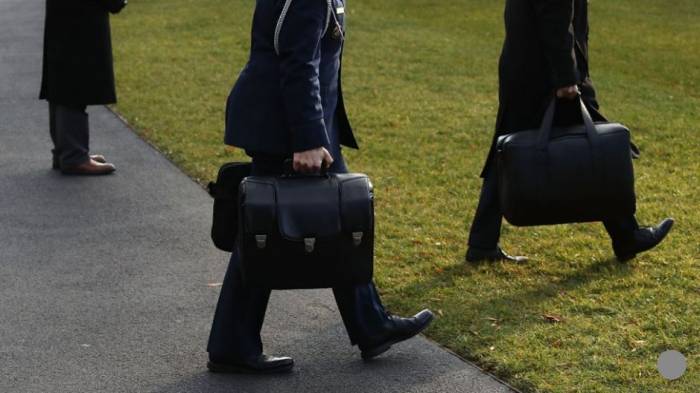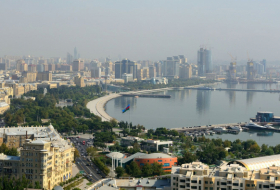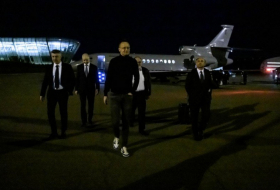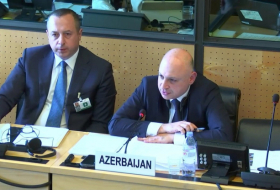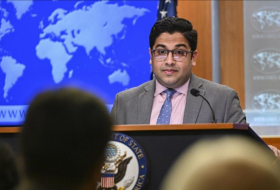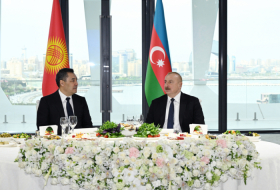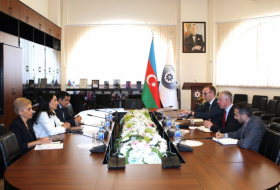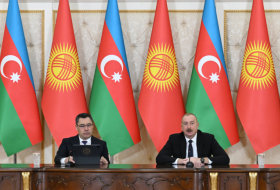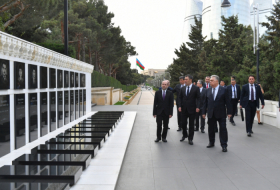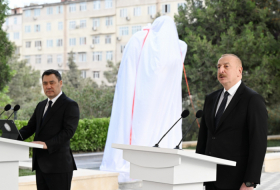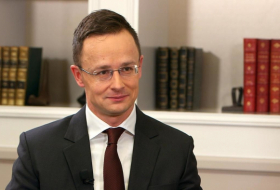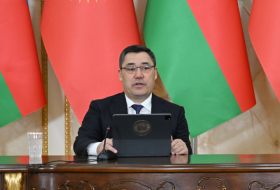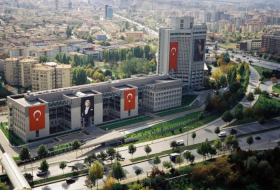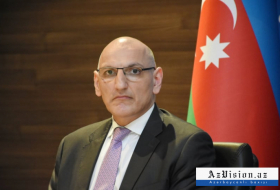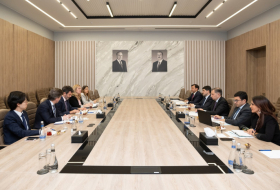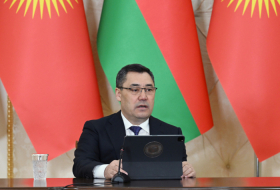A skirmish involving the United States “nuclear football” reportedly broke out in Beijing last year just hours after Donald Trump had flown in for what he later hailed as an “absolutely terrific” visit.
Trump arrived in the Chinese capital on 8 November for what his hosts had promised would be a “state visit-plus”.
However, according to Axios, the visit’s first full day was marred when a scuffle between Chinese and American agents broke out as the US president visited the Great Hall of the People, the imposing Mao-era auditorium where he was due to meet his Chinese counterpart, Xi Jinping.
Citing five separate sources, Axios reported that Chinese officials had blocked the entry of the US military aide carrying the “nuclear football”, a black leather satchel containing the codes that allow the president to launch a nuclear strike.
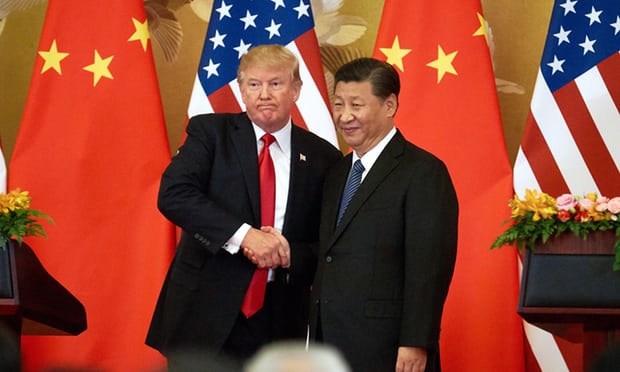
A US official reportedly then rushed into an adjoining room to inform US chief of staff John Kelly of what was happening. “Kelly rushed over and told the US officials to keep walking – ‘We’re moving in,’ he said – and the Americans all started moving.
“Then there was a commotion,” Axios reported. “A Chinese security official grabbed Kelly, and Kelly shoved the man’s hand off of his body. Then a US secret service agent grabbed the Chinese security official and tackled him to the ground.”
The report said the fracas was “over in a flash” and that officials had been told to keep the altercation secret.
Jonathan Swan, the political correspondent behind the report, wrote: “I’m told that at no point did the Chinese have the nuclear football in their possession or even touch the briefcase. I’m also told the head of the Chinese security detail apologised to the Americans afterwards for the misunderstanding.”
The US secret service initially claimedreports about one of its agents “tackling a host nation official” were false but later admitted a “short scuffle” had taken place after “an individual” tried to stop one of its “protectees” entering a room.
“The individual complied with the agent’s directions and no further action was necessary,” secret service spokesperson Cody Starken said in a statement.
The clash is not the first time a presidential trip to China has been marred by tussles or protocol failures.
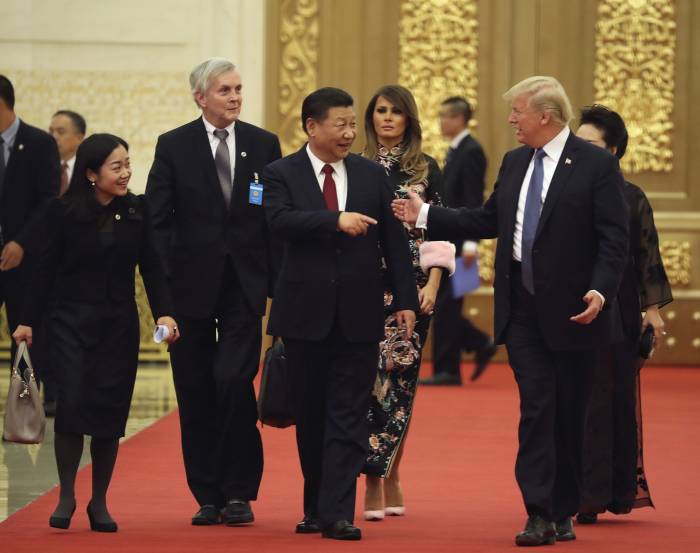
When Barack Obama flew into east China for the G20 in September 2016 he was deprived of a rolling staircase and forced to leave Air Force One through a little-used exit in the plane’s belly. There were heated scenes on the tarmac below as US and Chinese officials quarrelled and one local official was caught on camera shouting: “This is our country! This is our airport!”
Bill Bishop, a Washington-based China expert who authors a weekly newsletter for Axios, said the story was “absolutely believable” and likely reflected China’s growing confidence as one of the world’s great powers. “The [Chinese] security guys are very empowered and they are paranoid and they like to push people around – like any security service.
“I guess the US side wanted to keep it really quiet because they were trying to stage-manage it to be quite a happy summit for Trump,” Bishop added. “It was the ‘state visit-plus’, right? … This is the kind of thing that could have hijacked the entire trip’s message.”
Jorge Guajardo, Mexico’s former ambassador in Beijing, claimed such scrimmages were par for the course in China. “Most foreign heads of state visiting China have a similar scuffle with a Chinese security official during their visit. Stories abound. I believe the report,” he tweeted.
There was no immediate reaction to the report from Beijing, where officials are away from work for the week-long Chinese New Year holiday.
The US state department was contacted but referred the call to the White House. The White House did not respond to a request for comment or confirmation.








